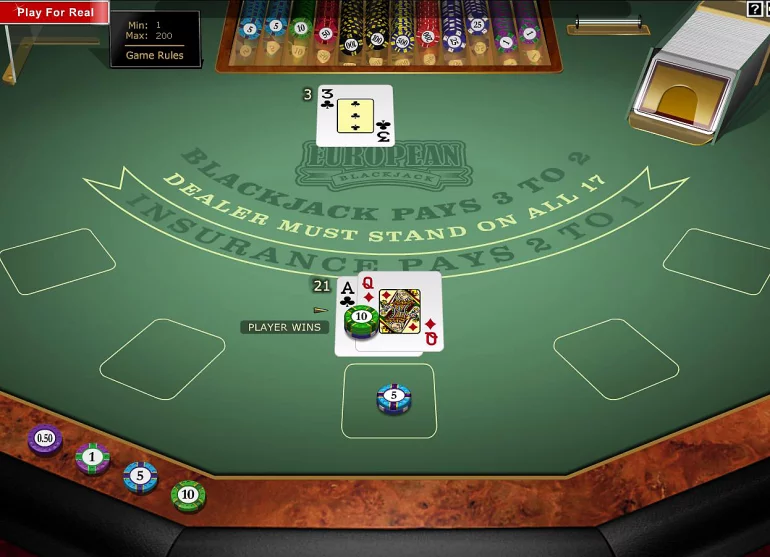
Blackjack players often face crucial decisions that can significantly impact their game. One such decision involves splitting pairs.
While splitting aces and eights is generally considered fundamental blackjack strategy, the question of splitting tens frequently arises, prompting debate among enthusiasts.
The Basics of Splitting Pairs in Blackjack
When you are dealt two cards of the same rank, you have the option to "split" them into two separate hands. This requires an additional wager equal to your original bet. Each new hand is then played independently.
The goal is to improve your chances of getting a winning total on one or both hands.
Why Splitting Tens is Generally Not Recommended
When you have two tens, you have a hard 20.
This is an incredibly strong hand in blackjack. The probability of winning with a 20 is very high, regardless of the dealer's upcard.
By splitting tens, you are taking a hand that is already in a dominant position and trading it for two hands, each starting with a value of 10. While a 10 is a good starting card, you are sacrificing a near-certain win for the chance of getting two winning hands, each of which has a lower initial probability of success than the original 20.
Considering the Odds: Hard 20 vs. Two Hands Starting with 10
The core of blackjack strategy revolves around probabilities.
- A hard 20 is a powerful hand because it's very difficult for the dealer to beat it without busting. When you have a hard 20, your chances of winning are approximately 70% to 75% against a typical dealer upcard, sometimes even higher.
- By contrast, if you split your tens, you're hoping to improve two separate hands. For example, hitting a 10 or an Ace on each split hand to get another 20 or 21 is a less likely outcome. The odds of getting another 10 or Ace on your first hit for a single hand are roughly 30.7% (assuming a standard multi-deck game).
Getting two such strong outcomes from two separate hands significantly reduces your overall probability of coming out ahead compared to sticking with the very strong hard 20.
When Might Splitting Tens Even Be Considered?
In standard blackjack games played with basic strategy, splitting tens is almost universally advised against. There are extremely rare, theoretical scenarios based on advanced card counting and specific rule variations where splitting tens might mathematically offer a fractional edge.
However, for the vast majority of blackjack players, including those who are not counting cards, this move is a significant deviation from optimal blackjack strategy and will likely lead to long-term losses. Focus on other aspects of blackjack strategy, such as knowing when to hit, stand, double down, and split other pairs.
Mastering Blackjack Decisions
Understanding when to split pairs is a crucial part of becoming a proficient blackjack player.
While the allure of turning one strong hand into two might seem appealing with tens, the mathematical reality almost always favors holding onto your hard 20.
Adhering to proven blackjack strategy, which advises against splitting tens, will serve you best in the long run.
























